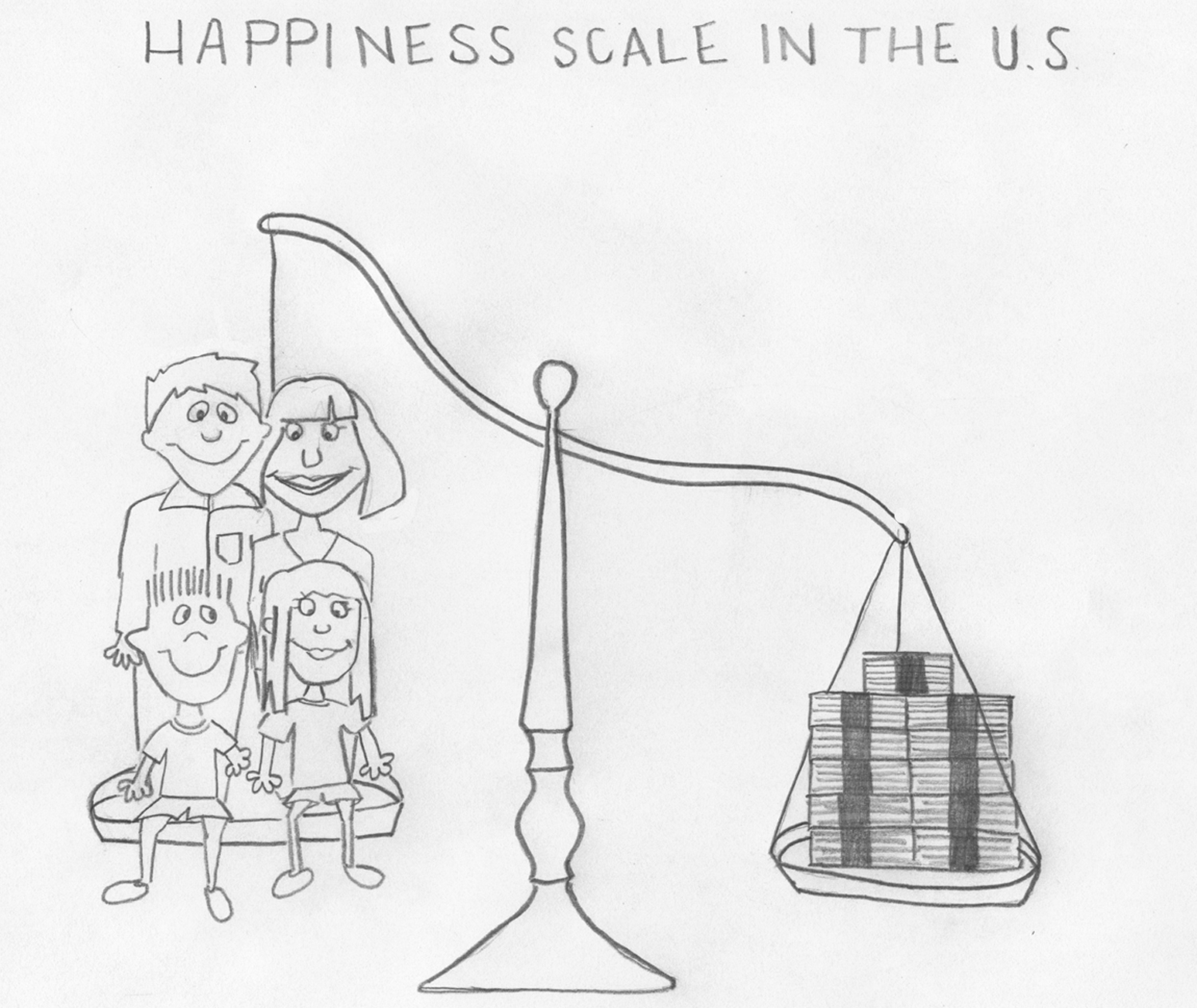GDP fails to assess happiness
As the saying goes, money does not buy happiness. If it did, the United States would undoubtedly be the happiest country in the world. However, a recent Mercer survey and research project showed that the United States is far behind other areas in terms of happiness.
The study, which ranked cities by their quality of living, found that Vienna, Austria, had the best quality of life. The United States’ highest ranked city was Honolulu, which was 28th on the list. Switzerland and Germany, on the other hand, each had three cities in the top 10.
In a 2006 survey, Denmark was ranked the happiest country, and the United States was 23rd. When comparing GDP per capita to happiness rankings, it is clear that the two do not go hand in hand.
In the United States, GDP is used as a measure of success. One problem with this is that even harmful events increase GDP. For example, an oil spill in Alaska increases GDP because cleaning it up generates jobs and activity. Natural disasters, crime and sickness clearly detract from a society’s well-being, but in terms of GDP, they are potentially good.
Also, GDP doesn’t take into account many things that do in fact increase the quality of life. If a mother stays home with her children, the GDP is not increased, but if this same mother pays for child care, GDP is increased.
Some economists have developed another way to truly assess a country’s success in terms of well-being. This new method is called the General Progress Indicator, or GPI. In this measure of the economy, positive and negative components of economic activity are separated and non-marketed services and activities, such as the mother staying home with her children, are accounted for.
Since 1950, the GDP has increased steadily. However, the GPI peaked in 1975, and has plummeted since. Interestingly, the trends in GPI have mirrored survey-based research.
As a country, we are obsessed with money. This has obsession has caused more important aspects of life, most importantly happiness, to take the backburner. It is becoming increasingly clear that our current practices, while they may generate wealth, are not improving our quality of life at all.









You must be logged in to post a comment Login